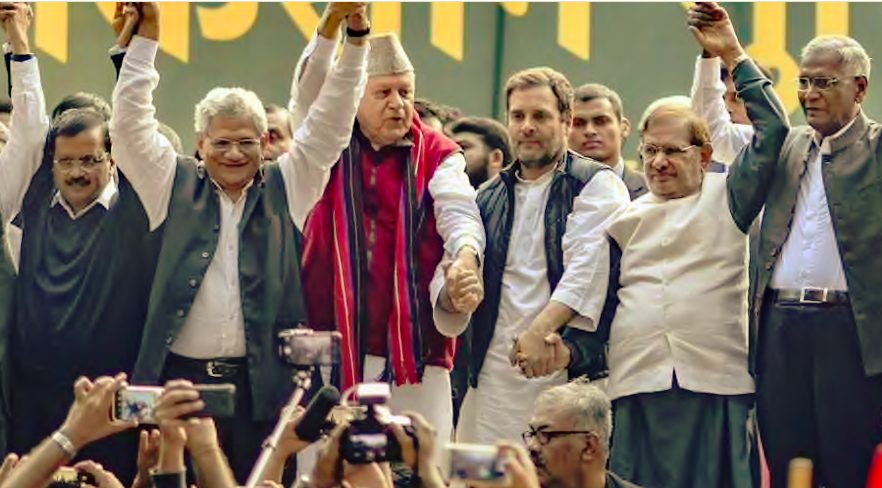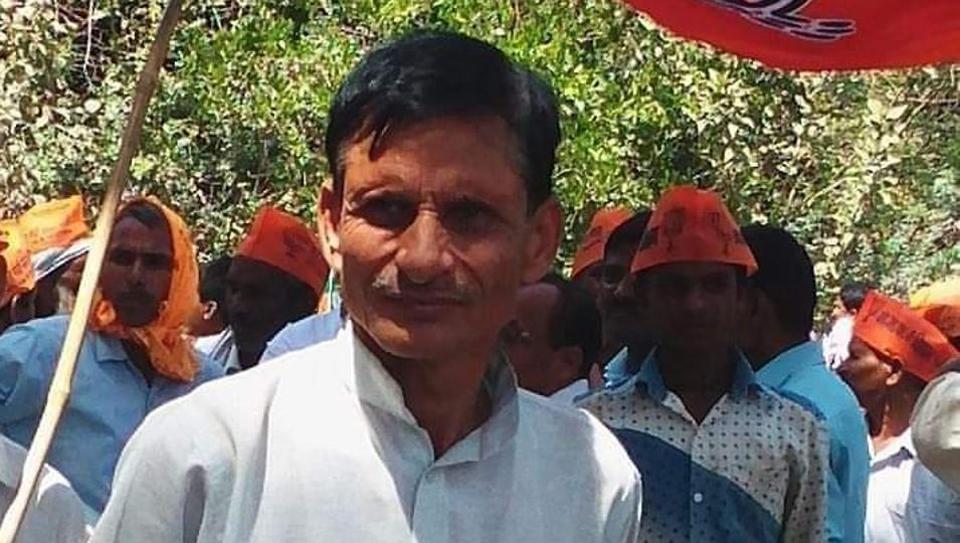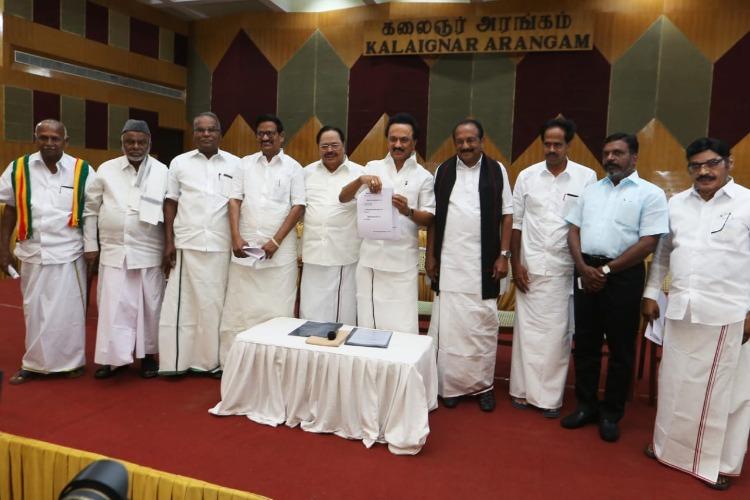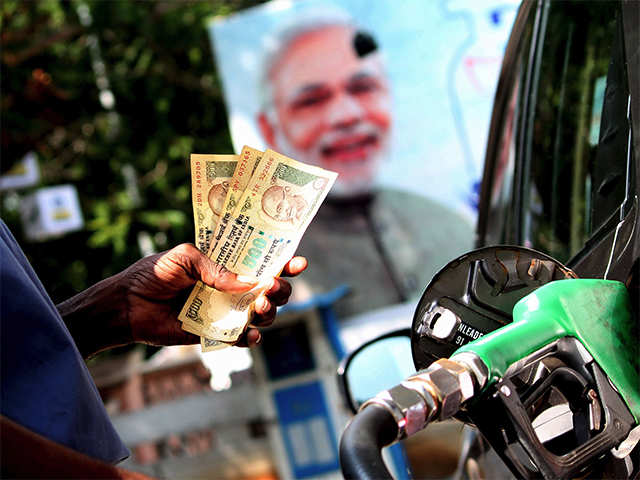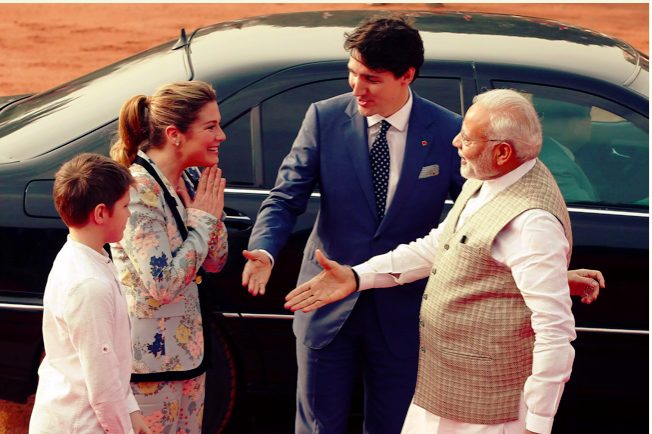Lakhs of of farmers demanding better prices for their produce marched in the heart of the national capital on Friday, an event that culminated in top opposition leaders, including Congress president Rahul Gandhi, sharing the stage with protesters and launching a united attack on the BJP Modi’s government over agrarian distress.
Addressing the massive crowd of demonstrators, Gandhi said the opposition was committed to farmers’ welfare even if that meant changing the law or the Prime Minister.
He was flanked by Nationalist Congress Party chief Sharad Pawar, National Conference’s Farooq Abdullah and Communist Party of India (Marxist) general secretary Sitaram Yechury, among other prominent leaders.
“There are leaders from other parties here. We can have different ideologies, but we are united in extending support for the cause of farmers and the youth,” Gandhi said, drawing cheers from the protesters who are demanding higher prices for their produce as well as loan waivers.
Delhi chief minister Arvind Kejriwal, who too was present at the rally, alleged that Prime Minister Narendra Modi’s government had “stabbed farmers in the back” by not fulfilling promises made to them.
The coming together of 23 opposition parties in support of farmers coincided with assembly elections in five states at a time when rural distress a result mainly of unremunerative prices of farm commodities and adverse weather events has moved to the centre stage of political discourse . It also set the stage for a key meeting on December 10, when the opposition is expected to chalk out a strategy to fight the 2019 Lok Sabha elections against the ruling Bharatiya Janata Party (BJP).
But the Agriculture minister Radha Mohan Singh attacked the Congress for not implementing a report by the MS Swaminathan Commission that recommended higher minimum support prices for farmers. Singh stressed the “critical reforms” introduced by the NDA government, including a new agricultural insurance programme.
“It is drama, confusion and corruption and destruction for the whole country,” said BJP spokesperson Sambit Patra, reacting to the farmers’ agitation that turned out to be a display of opposition unity.
Denied permission to proceed to the legislature, they gathered on Parliament Street ,where opposition leaders joined them. Some farmers carried human skulls, symbolic of the spate of suicides by debt-laden farmers.
AIKSCC claims to be an umbrella body of 207 organisations of farmers and agricultural workers. Farmers from states such as Andhra Pradesh, Gujarat, Madhya Pradesh, Maharashtra, Tamil Nadu, West Bengal and Uttar Pradesh took part in the protest. Agriculture contributes about 15% of India’s $2.6 trillion economy.
“Crops are getting sold at a low price. The much-hyped soil health card of the [Madhya Pradesh] government benefits only a selected few. Those who are not benefited are in distress,” said Ram Inaniya, who came from the state where elections were held on November 28 and results will be announced, alongside the outcome in four other states, on December 11.
In a pamphlet distributed during the protest, farmers said they had to buy farm inputs at higher price than the price they were able to sell their produce. “Our life, too, is cheap…The key to solving our problem is with the government, but it doesn’t listen to us,” read the message, which apologised to the city’s residents for the inconvenience the demonstration may have caused them.
The farmers also demanded a special session of Parliament and the passage of two bills to assure them a fair price for their produce and for waiving the loans they owe.
Agricultural scientist Swaminathan backed the protest, saying the central and state governments must pay attention to pricing, procurement and public distribution to address farmers’ woes.
He also said government did not take action on the National Policy for Farmers, which seeks to improve the economic viability of farming, according to news agency Press Trust of India.
“The demand for loan waiver comes from the present non-remunerative nature of farming and is indicative of the fact that economic viability is as important to farmers as to industrialists,” he said.

